Secured credit cards in Canada are specifically designed to help people build or rebuild their credit. The best secured cards offer many of the same benefits and conveniences as traditional credit cards, but without the risk of accumulating debt.
While unsecured cards typically require an applicant to have a solid income and a good credit score, secured cards only require that you put down a deposit of some amount (each issuer sets its own minimum and maximum deposit amounts). This makes it easier for people with poor credit or no credit history to get a card.
The article below goes into detail about how secured cards work, who issues them, how to apply, and much more.
Key Takeaways
- Secured credit cards use the security deposit you provide as the credit limit, can be used as a typical card, and your monthly card payments are reported to the credit bureaus.
- Making regular on-time payments toward your secured credit card can help your credit score improve over time.
- None of the big banks in Canada offer secured credit cards, but most have special programs and credit cards for newcomers to Canada that can help those with no credit history.
- Home Trust, Neo, and Capital One are the only issuers of secured credit cards.
Never miss an amazing deal again + get our bonus 250+ page eBook for FREE. Join 50,000 other Canadians who receive our weekly newsletter – learn more.
What are secured credit cards?
Secured credit cards might sound similar to unsecured credit cards, but they’re actually pretty different. These are credit cards designed for one set of people in mind, those with poor credit, which means a credit score of less than 560.
Sometimes referred to as "guaranteed" credit cards, they function similarly to regular credit cards, except for one key difference.
You have to supply a security deposit before you get issued a card. This security deposit then becomes your credit limit, which is why these credit cards have almost guaranteed approval.
How they work
When you apply for a secured credit card, you’ll be asked to put down a minimum payment. This deposit acts as your card’s credit limit, so you’re essentially borrowing money from yourself – you’ve secured the card with your own funds.
Since secured credit cards aren’t as risky for lenders, they can offer them to people who have poor credit scores or don’t have any credit history at all. As long as you continue to pay off the card, you can continue to use it, and the card issuer will report your diligent payments to the credit monitoring bureaus, which helps you build a credit score.
Just like regular credit cards, secured credit cards come with interest. If you don't pay your bill in full, you'll be charged interest on top of your payments.
After using the secured credit card for a while and paying your bills on time, your credit score will improve, and you can apply for an unsecured credit card that earns you rewards and includes benefits. At that point, you can close your secured card account and get your security deposit back.
Other than this security deposit, secured credit cards work the same way as regular credit cards. You've got a credit limit, you can use your card to make purchases, and you'll get a monthly bill.
Secured vs. unsecured credit cards
Unsecured credit cards are what most people automatically think of when picturing a credit card. These are credit products you apply for; in some cases, you’ve got to meet credit score or income requirements to be approved.
Unsecured credit cards do build your credit, but they differ from secured cards in a few ways.
| Secured credit card | Unsecured credit card | |
|---|---|---|
| Must apply | Yes | Yes |
| Must meet income and credit score requirements | Yes | Yes |
| Requires an initial deposit | Yes | Yes |
| Can build credit | Yes | Yes |
| Includes rewards and benefits | Sometimes | Yes |
| Higher credit limit | No | Yes |
Secured credit cards from big banks
Before we jump in, we should point out that big banks don’t actually offer secured credit cards to all Canadians. Instead, many have programs for newcomers to Canada, which include credit cards.
Here is what each of the five big banks has to offer in this regard.
BMO secured credit cards
BMO doesn't offer a secured credit card, but they do have their own banking program for newcomers, which you can learn about on the BMO site.
CIBC secured credit cards
CIBC doesn’t offer secured credit cards, but their newcomers to Canada program has credit cards for new Canadians, which you can learn more about online.
RBC secured credit cards
RBC doesn't offer secured credit cards. However, they also have a program for newcomers to Canada, with credit cards designed for those who are coming to Canada or have recently moved – the details can be found on the RBC page.
Scotiabank secured credit cards
Scotiabank doesn't offer a secured credit card. However, if you're a newcomer to Canada, they have a program that can help you get a credit card. You can learn more about the program on Scotia's site.
TD secured credit cards
Like the others above, TD doesn't have a secured credit card. There is a program available for newcomers to Canada, offering a variety of secured credit cards specifically designed for newcomers. You can read more about this program online.
Best secured credit cards
Unfortunately, you don’t have too many options when it comes to secured credit cards in Canada.
| Secured Credit Card | Annual Fee | Features | Apply now |
|---|---|---|---|
| Secured Tims® Mastercard | $0 | * Earn rewards on daily purchases, especially transit and groceries * Use points on your daily Tims run | Apply Now |
| Neo Secured Mastercard | $95.88 | * $50 minimum security deposit
requirements * Up to 5% cash back * Premium upgrade available | Apply Now |
| Home Trust Secured Visa Card | $0 | * 2% foreign transaction fee * High acceptance for Visa credit cards | Apply Now |
| Capital One Guaranteed Mastercard® | $0 | * Guaranteed approval * No annual fee * Includes six types of insurance | Apply Now |
Pros and cons of secured credit cards
Before you select a secured credit card, take a moment to decide if it’s the best financial product for your situation.
Pros:
- They’re easier to qualify for than typical credit cards
- You can build your credit score by making on-time payments
- They make it easier to budget and avoid overspending
- Secured credit cards can teach financial discipline
- You’ll get your refundable security deposit back
- Secured credit cards are accepted everywhere credit cards are accepted
- They include fraud protection, just like unsecured credit cards do
Cons:
- Secured cards typically don’t include benefits like rewards
- They don’t often come with insurance coverage or travel benefits
- You’re required to put down a deposit
- You’ll have a lower credit limit
- You might be charged regular maintenance fees
Who should use a secured credit card
Secured credit cards are best for people who don’t qualify for an unsecured credit card because they don’t have a credit score or their score is too low, and for those who don’t meet income requirements.
People who are new to credit, like students or newcomers, might look into secured credit cards. However, many big banks offer unsecured credit card options designed for people who meet income requirements but lack a credit history.
How to apply for a secured credit card
You can follow the same steps to apply for a secured card as you would to apply for a typical, unsecured card.
First, you’ll select the card you want to apply for. Once you’ve read through the card’s terms and conditions and you’re totally sure it’s the right card for you, fill out the application, which is usually available online.
Be as thorough as possible when entering your details on the application, especially if you’re required to list your income. Then, submit your application, whether it be online, in person, or over the phone.
The hardest part comes next: waiting for a decision. Some cards have instant approval, but it's not common, so applicants often have to wait a while for a response.
When to transition to an unsecured card
If you’ve been making on-time payments to your secured credit card, your score should begin improving within a few months.
It’s a good idea to check your credit score every month, so once your credit score bumps up to the good range of around 660, you might have better chances of getting approved for an unsecured credit card.
To improve your odds even more, keep your credit utilization ratio low. This means you shouldn’t max out your credit card even if you are making the minimum payment. Using all your available credit looks risky to lenders, so only charge what you can comfortably pay off.
FAQ
How does a secured credit card work in Canada?
These cards work almost the same as typical, unsecured cards. The main difference is that you supply a security deposit, which becomes your credit limit. As you pay off your charges, you can continue using the card.
Is it a good idea to get a secured credit card?
Yes, a secured credit card is an excellent idea and a helpful option if you’re building or repairing credit. Regular on-time payments are reported to credit bureaus, which can gradually raise your score and improve your financial options.
Can I get a $5,000 secured credit card?
It is possible to get a $5,000 credit limit on a secured card, but you would have to deposit $5,000 first. That can be a tall order if you’re struggling to qualify for an unsecured credit card.
Do you ever get your money back from a secured credit card?
Yes, you do get your fund back. If you decide to close your secured credit card account, the card issuer will return the security deposit to you. Just keep in mind that the balance doesn't earn interest.
Does it matter how much money you put on a secured credit card?
Generally, the amount you use for the security deposit doesn't matter. Most secured card issuers set their own minimum and maximum deposit amounts, but no specific amount is needed to begin building your credit score.
How quickly will a secured card build credit?
If you make regular, timely payments to your secured credit card, you might see an improvement in your credit score within a few months, especially if you pay down other debt at the same time. The timeframe isn't guaranteed, though.
creditcardGenius is the only tool that compares 126+ features of 228 Canadian credit cards using math-based ratings and rankings that respond to your needs, instantly. Take our quiz and see which of Canada's 228 cards is for you.


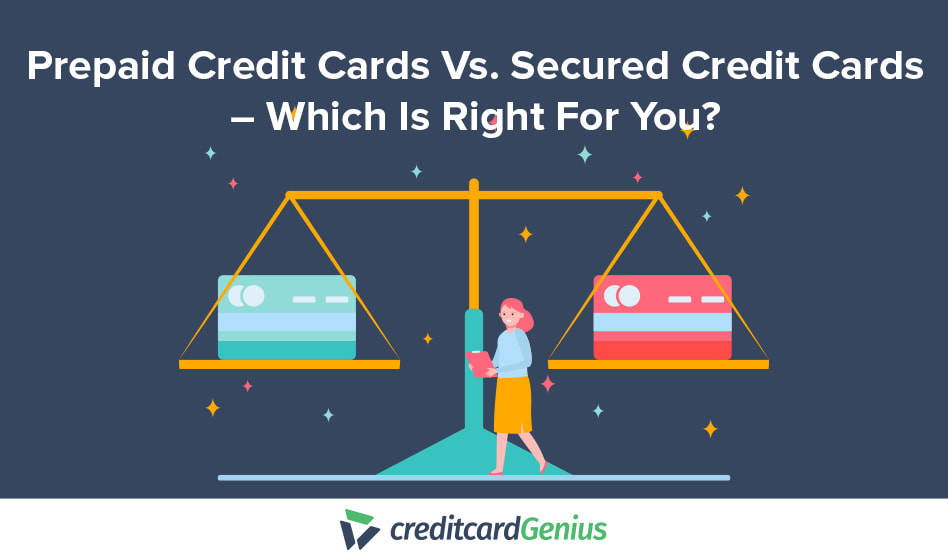
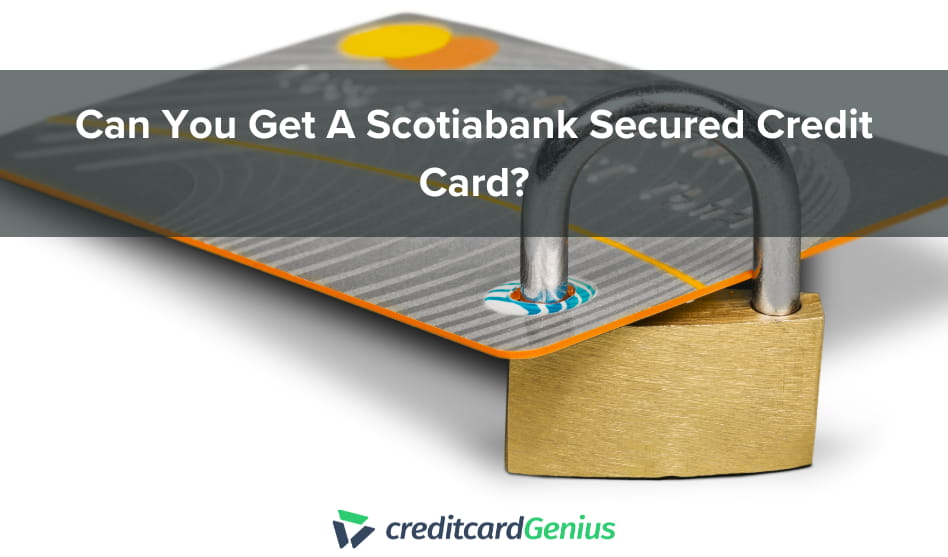
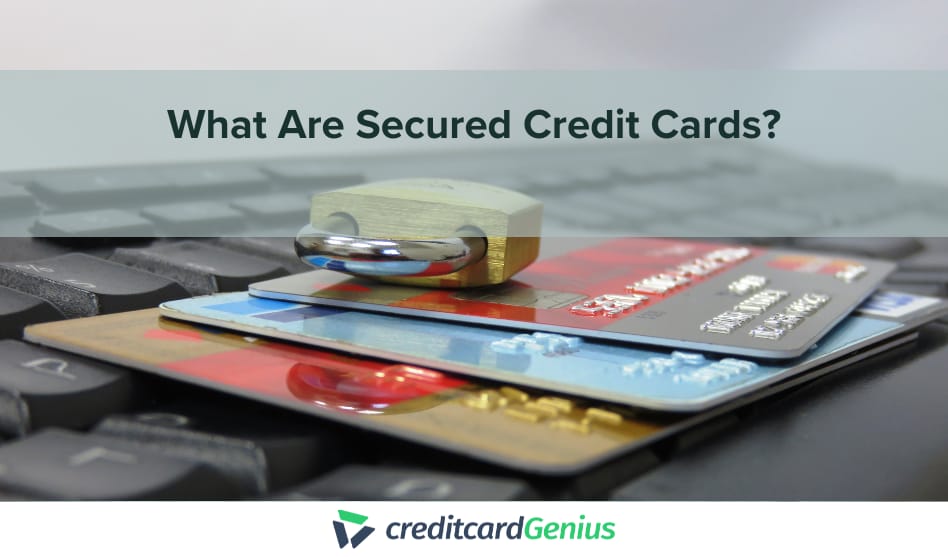












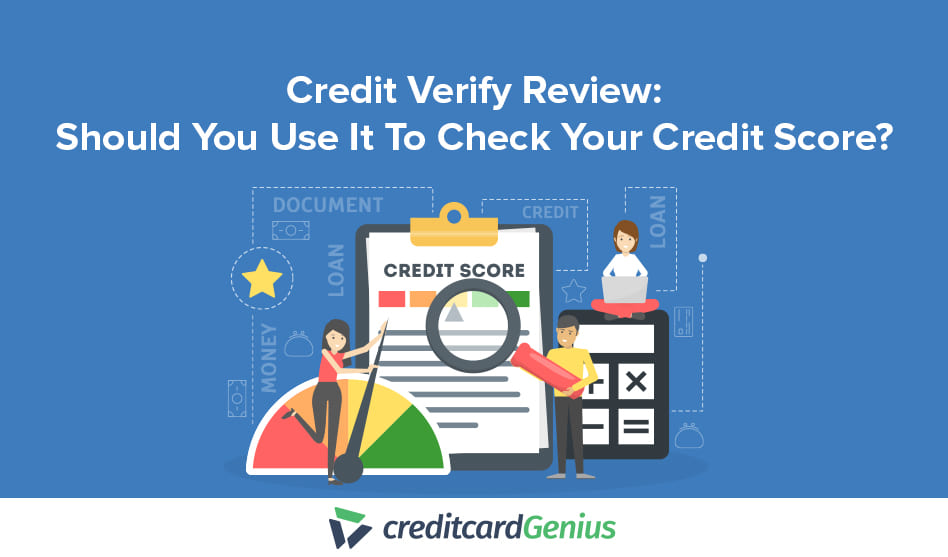
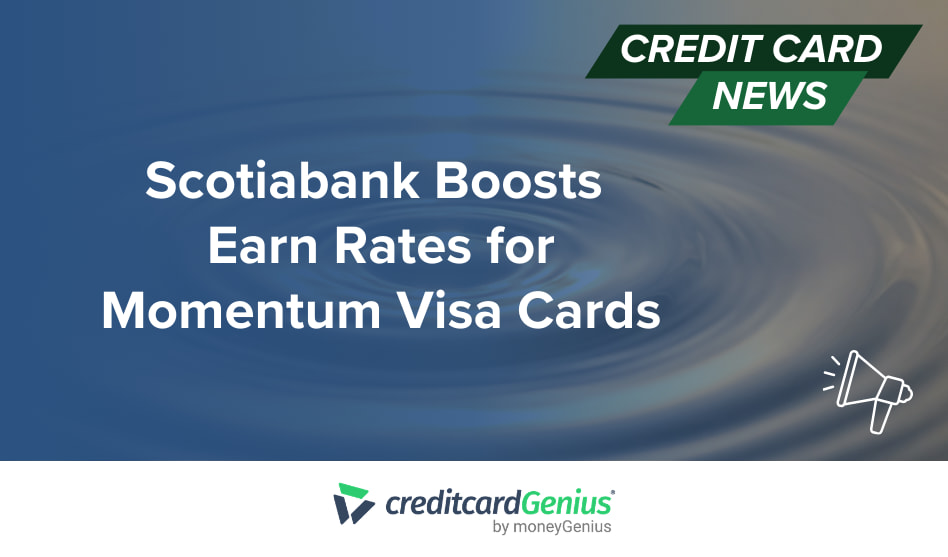

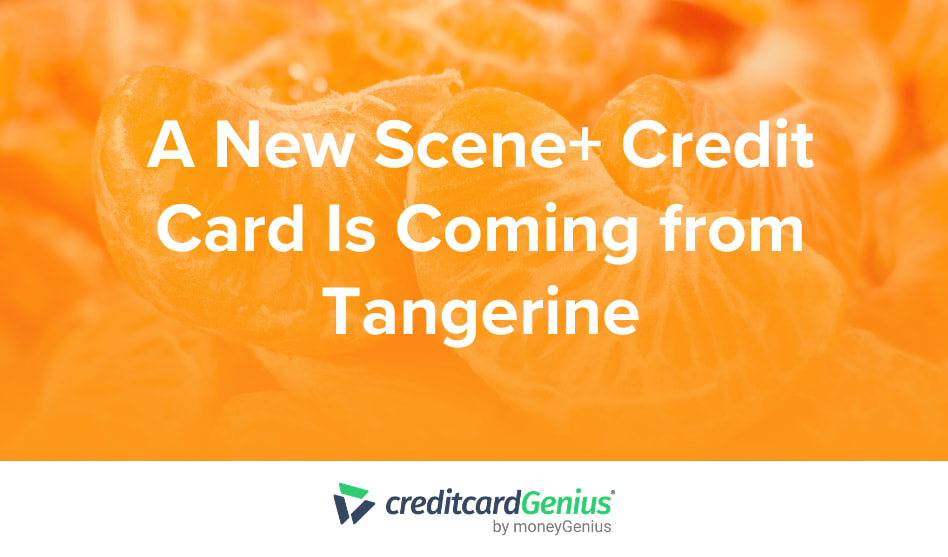




















Comments
Leave a comment
Required fields are marked with *. Your email address will not be published.
Showing 2 comments